Celebrate our tenth anniversary with the biggest issue we’ve ever made. FLOOD 13 is deluxe, 252-page commemorative edition—a collectible, coffee-table-style volume in a 12″ x 12″ format—packed with dynamic graphic design, stunning photography and artwork, and dozens of amazing artists representing the past, present, and future of FLOOD’s editorial spectrum, while also looking back at key moments and events in our history. Inside, you’ll find in-depth cover stories on Gorillaz and Magdalena Bay, plus interviews with Mac DeMarco, Lord Huron, Wolf Alice, Norman Reedus, The Zombies, Nation of Language, Bootsy Collins, Fred Armisen, Jazz Is Dead, Automatic, Rocket, and many more.

hemlocke springs, the apple tree under the sea
Naomi Udu’s debut album soundtracks her journey of self-discovery through her own version of heaven and hell in a glitch-pop take on Paradise Lost and Dante’s Inferno.

August Ponthier, Everywhere Isn’t Texas
The alt-country songwriter makes the most out of their first full album and its rush of ideas that bask in a sense of independence—both from a repressive upbringing and major-label backing.

Remember Sports, The Refrigerator
The Philly indie rockers take stock of everything on the shelves with a revitalized fifth LP that feels like a lifetime of growth reaching a critical mass.
Kurt Orzeck
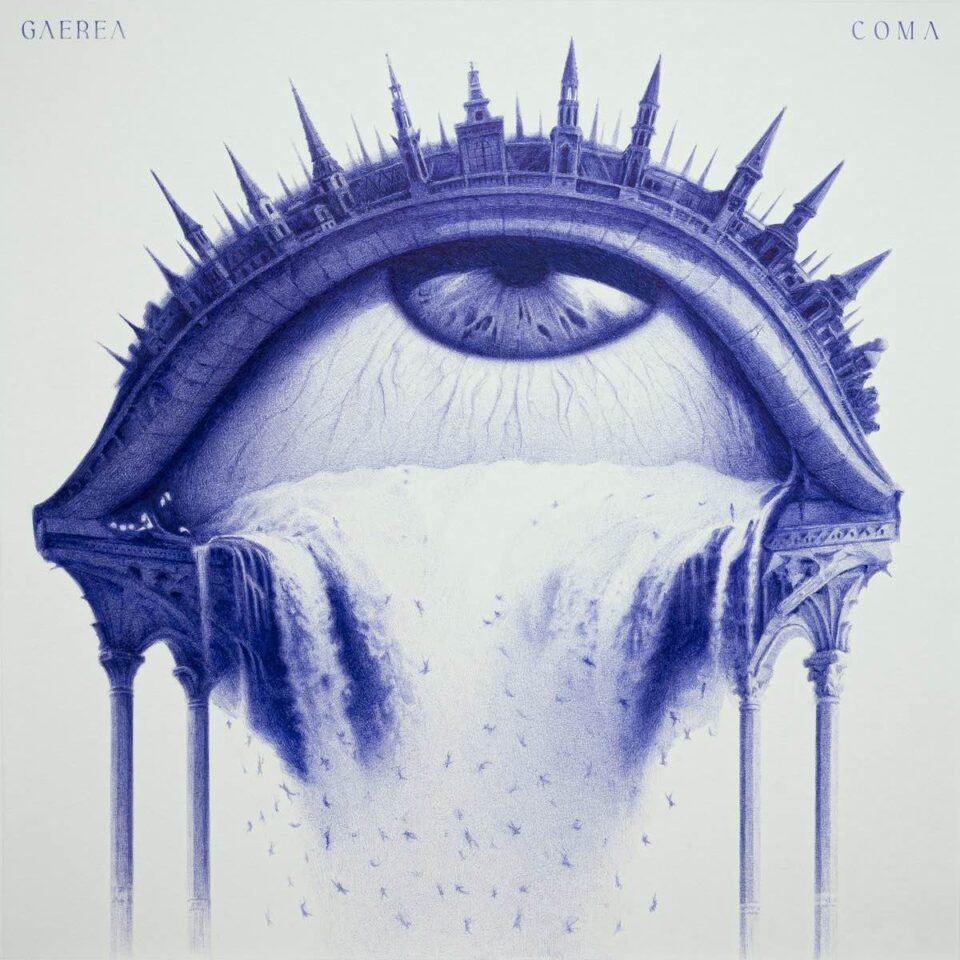
Climbing out of the black-metal pigeonhole, the Portuguese group sound more confident and creatively unrestrained on their fourth album rather than merely louder.
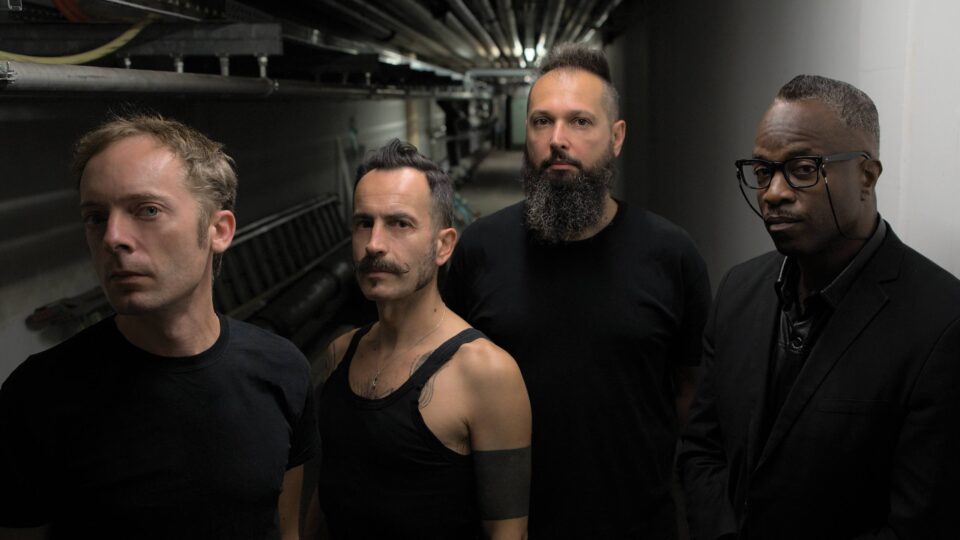
Frontman Eugene S. Robinson and bassist Andrea Lombardini help us digest the noise-rockers’ collaboration-filled fourth album.
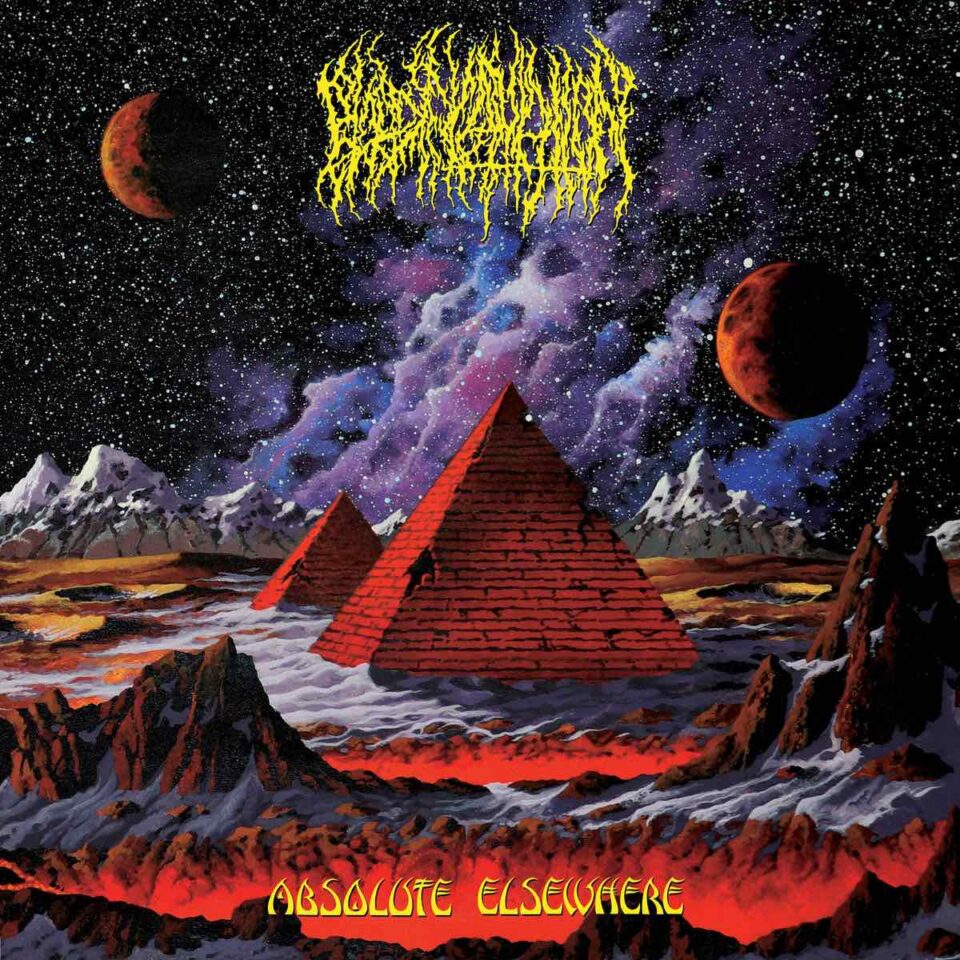
As they continue to forge new paths for the subgenre, it often feels like the Denver technical death metal band is doing too much on their third album.
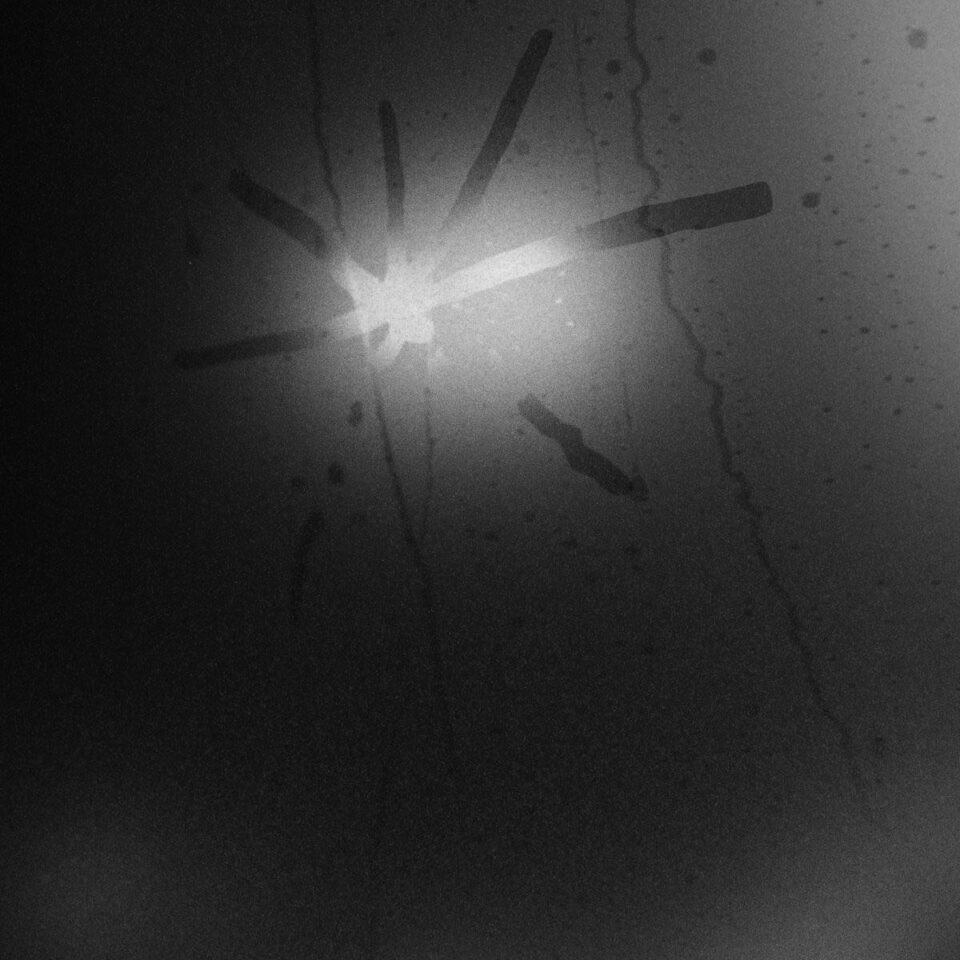
The 11 eloquently imperfect recordings on the hardcore punks’ sixth album harness the anger that shakes them to their core as they take aim at wishful thinking and our imminent demise.
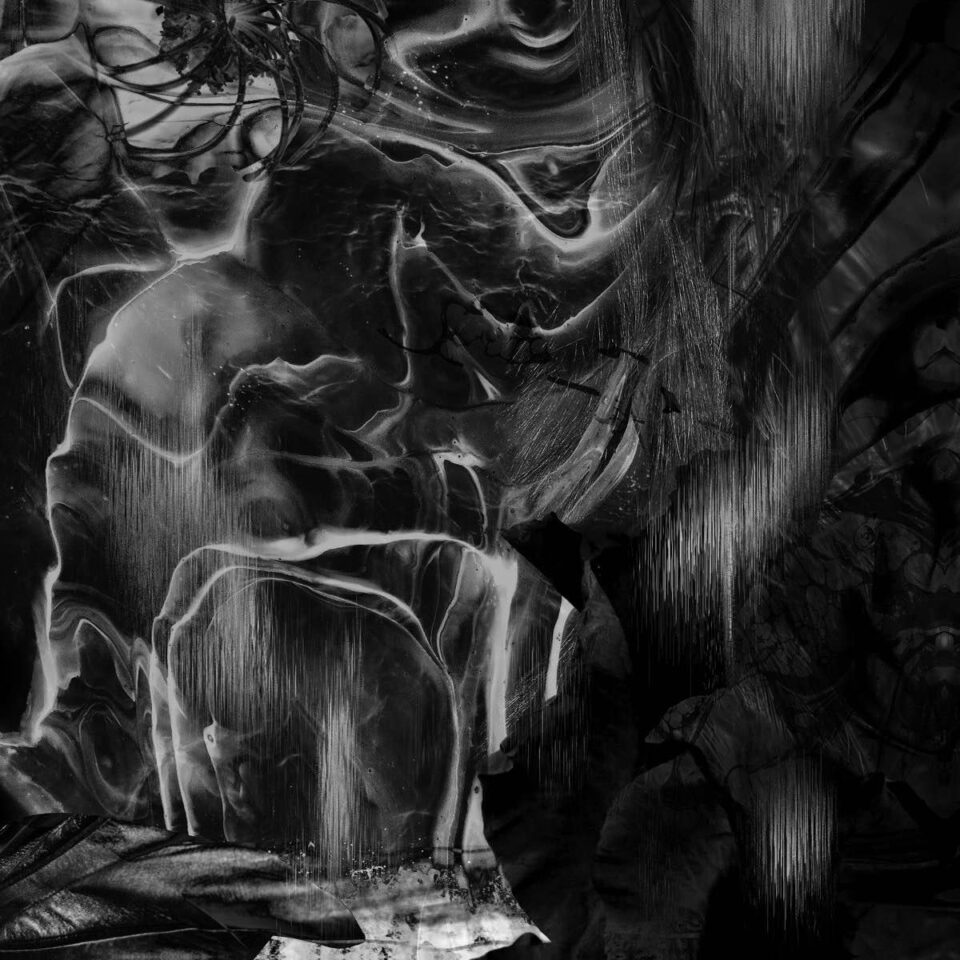
The Finnish avant-garde quintet’s sixth album is challenging from start to finish, managing to heap even more styles onto their mesmerizing blend of black metal and psychedelia.
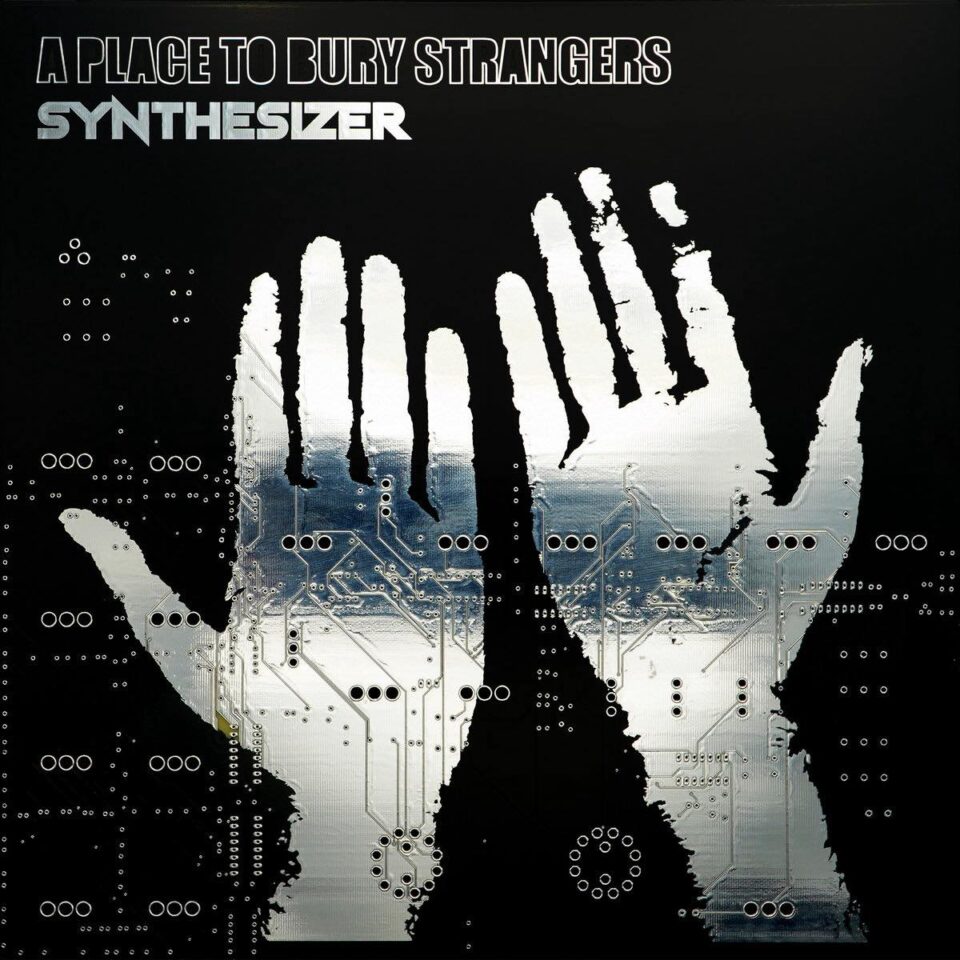
Each song on the noise-rockers’ seventh LP is distinct in style and substance, allowing Oliver Ackermann to tap into his emotional self as if looking through a slowly twisted kaleidoscope.
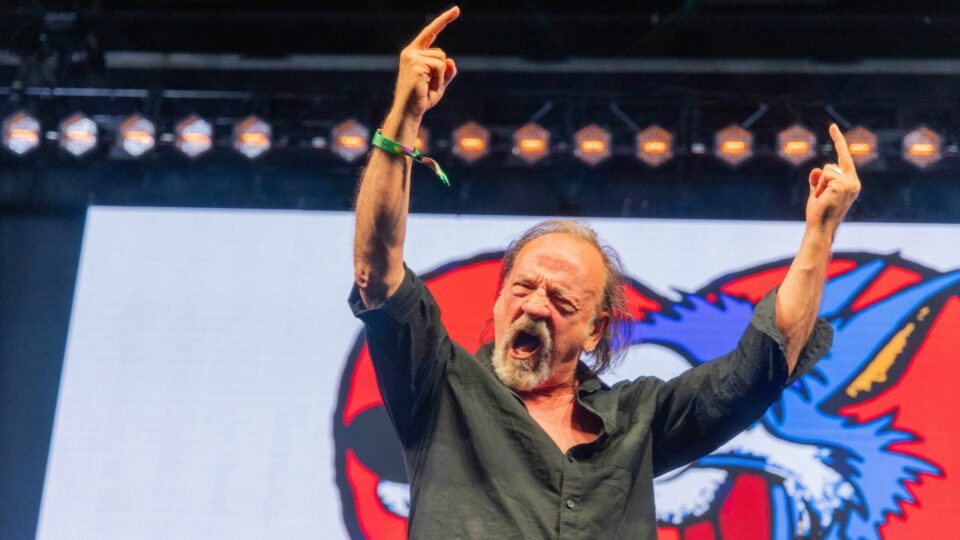
David Yow and Duane Denison discuss Rack, the noise-rock legends’ first new record in 26 years, and how the world has changed in the interim.
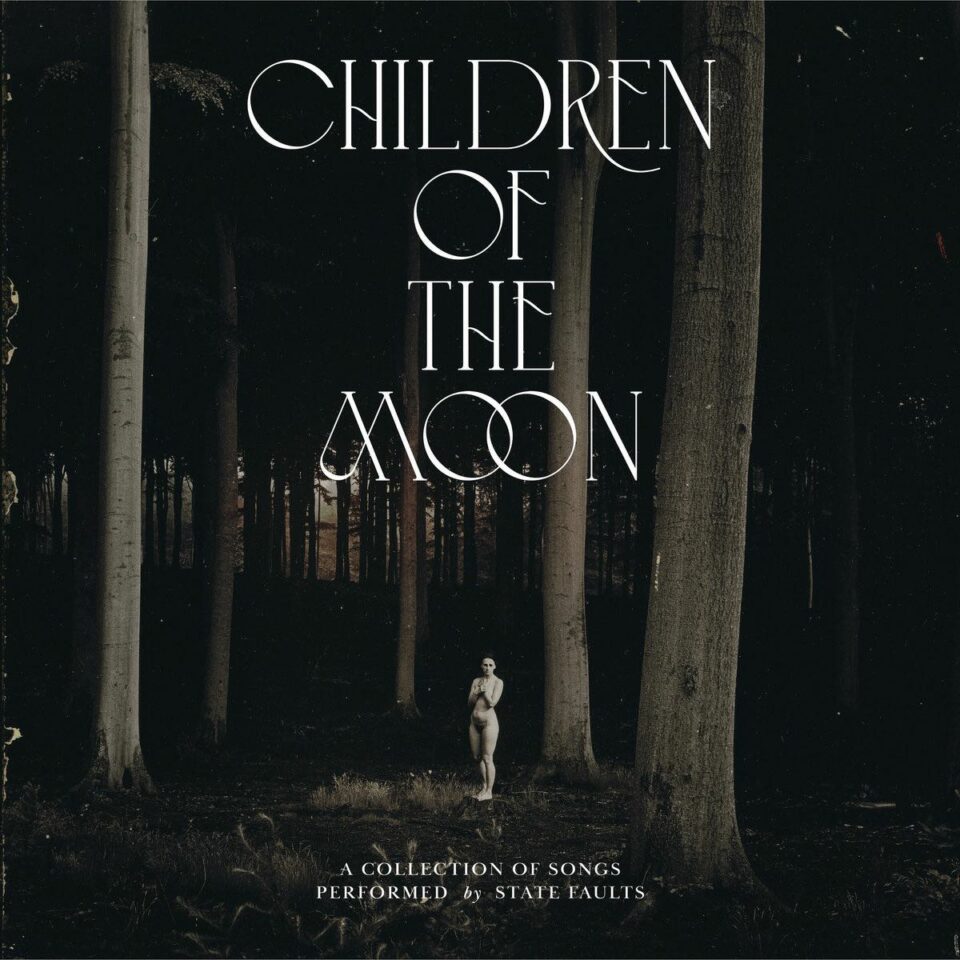
The West Coast screamo quartet isn’t afraid to turn down the volume on an otherwise-blistering return to form with their most mature, expansive, and explorative record yet.
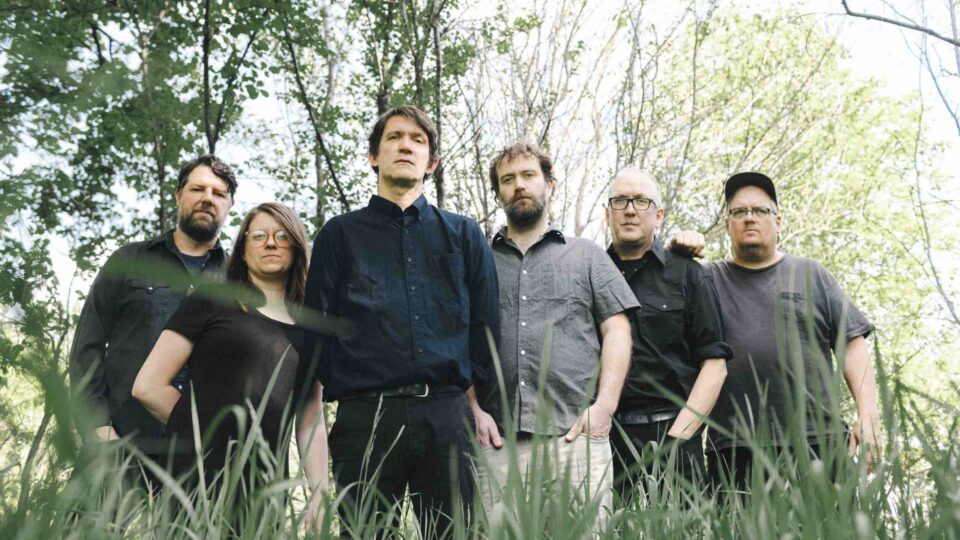
Tim Kasher discusses the themes (and interludes) of the post-hardcore band’s 10th LP and first for Run for Cover Records.
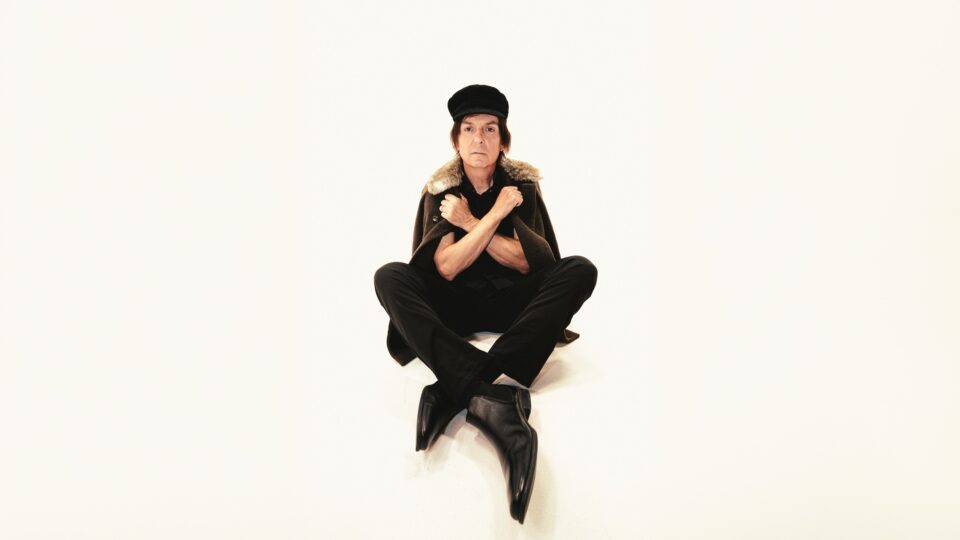
The Melvins drummer sheds light on each of the 11 songs on his newly released third solo outing, which features contributions from Tom Waits, Ty Segall, Pinback’s Rob Crow, and more.
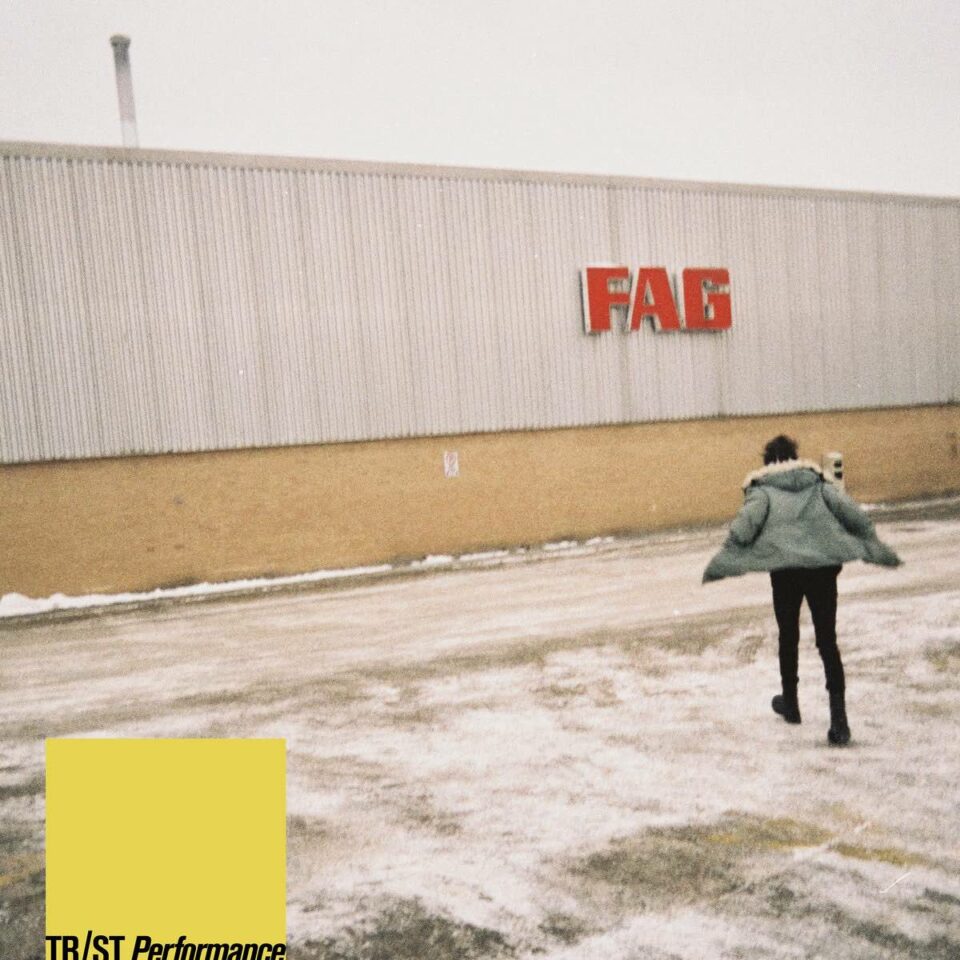
Five albums and 15 years in, electronic wizard Robert Alfons seeks to start his musical endeavor anew—all the while wondering if a slate can be truly wiped clean.
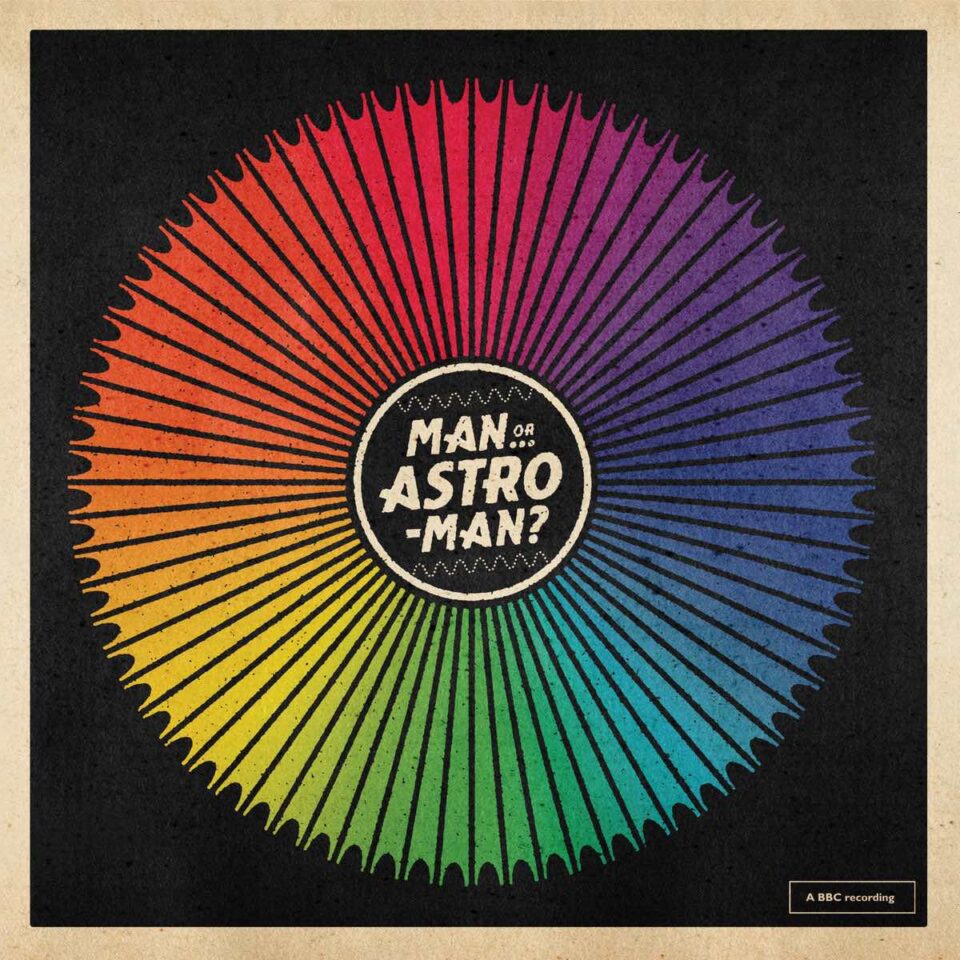
Containing eight 7-inch singles and a bonus flexi disc of crisp recordings taken from Radio 1 performances throughout the ’90s, this box set embodies the spirit of the space cadets running amok.
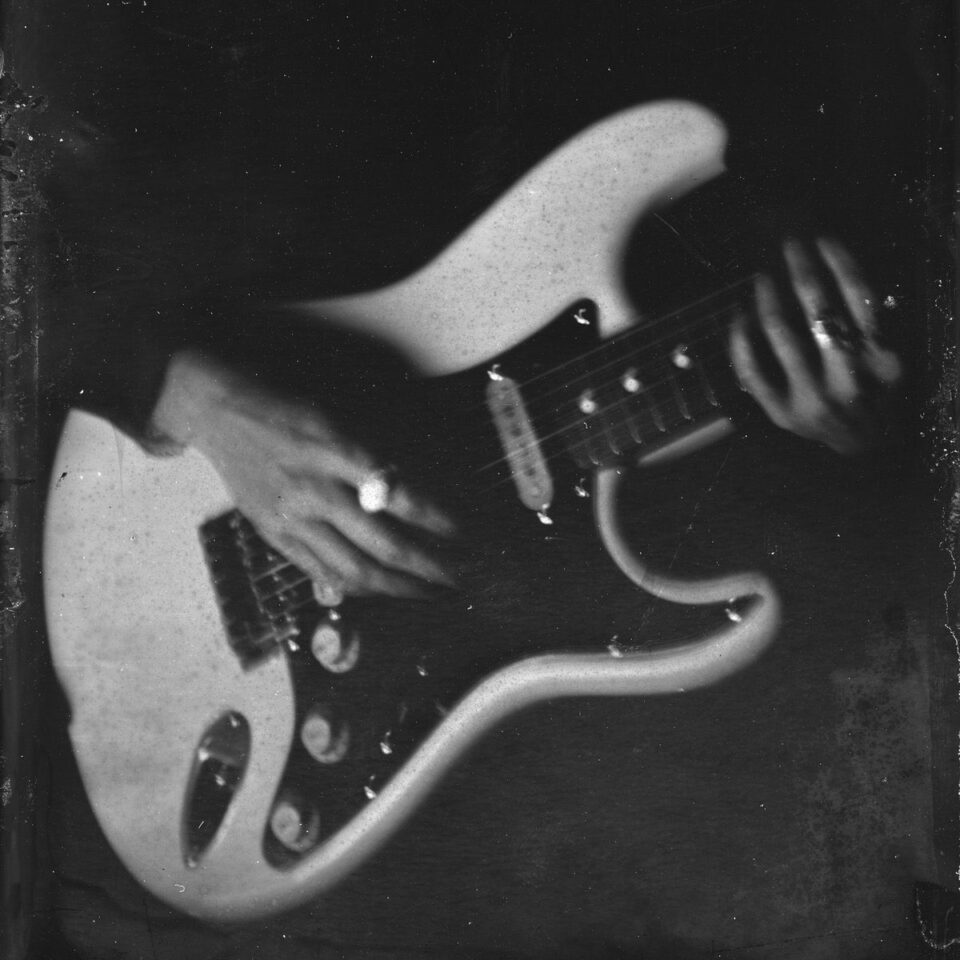
On her fourth solo outing under the ambient-slowcore moniker, Madeline Johnston reaches a state of enlightenment as she sounds totally confident about her identity as an artist.
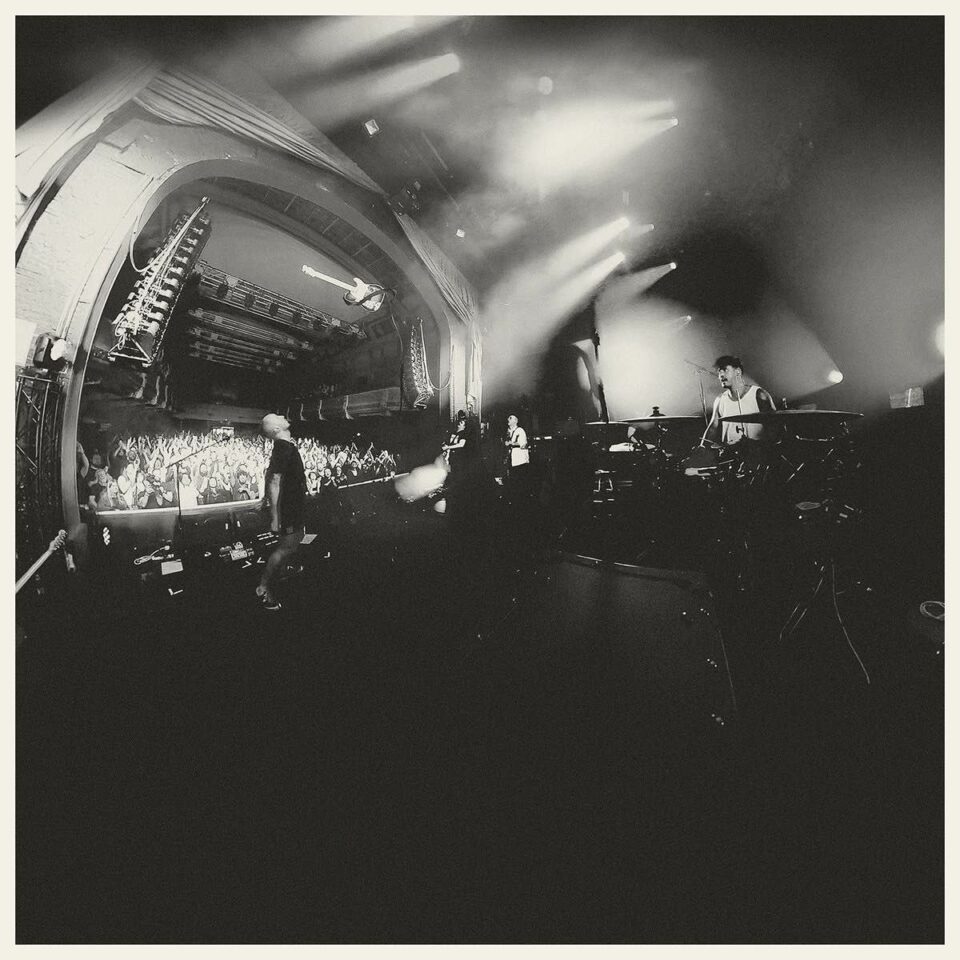
The Belfast instrumental math-rock quartet hit their groove on their seventh LP, with the perfect balance of loud-and-quiet dynamics resulting in a positively affirming—and downright fun—listen.
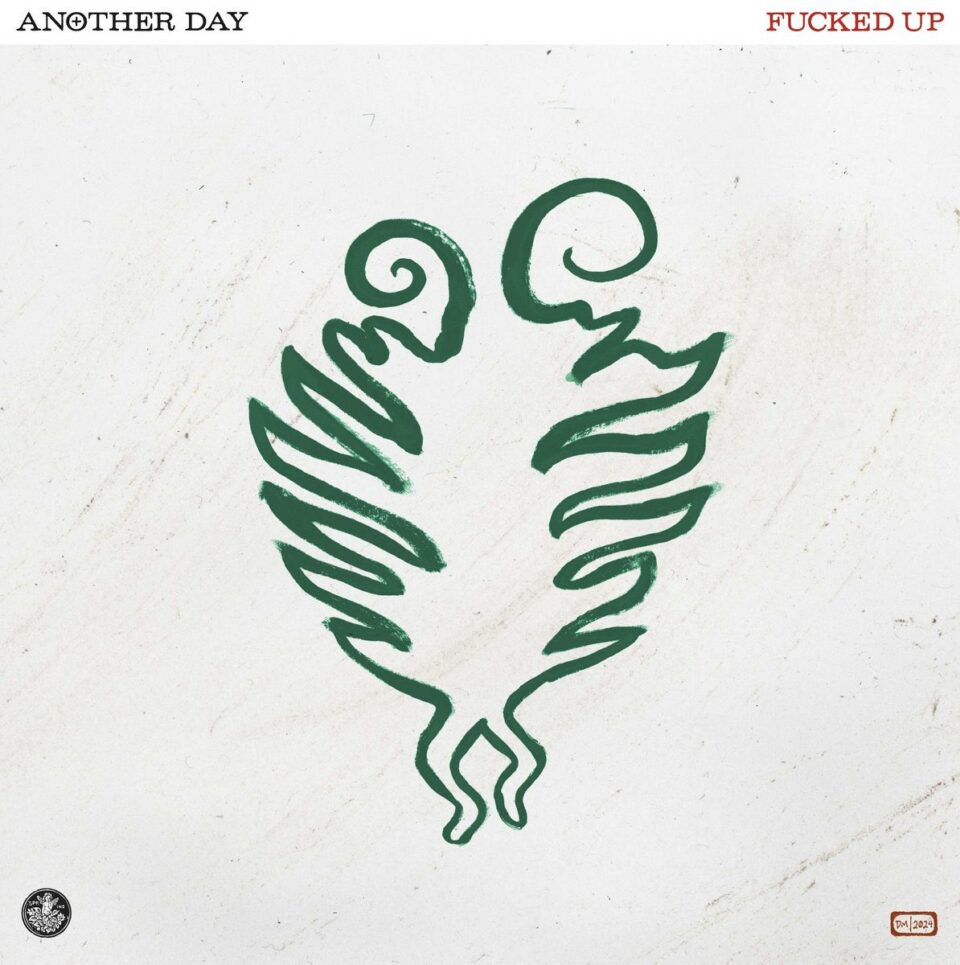
With the aid of Mike Haliechuk’s ever-improving production, the hardcore-punk group’s punchy sound practically jumps out of the speakers on their ferociously live-sounding seventh record.
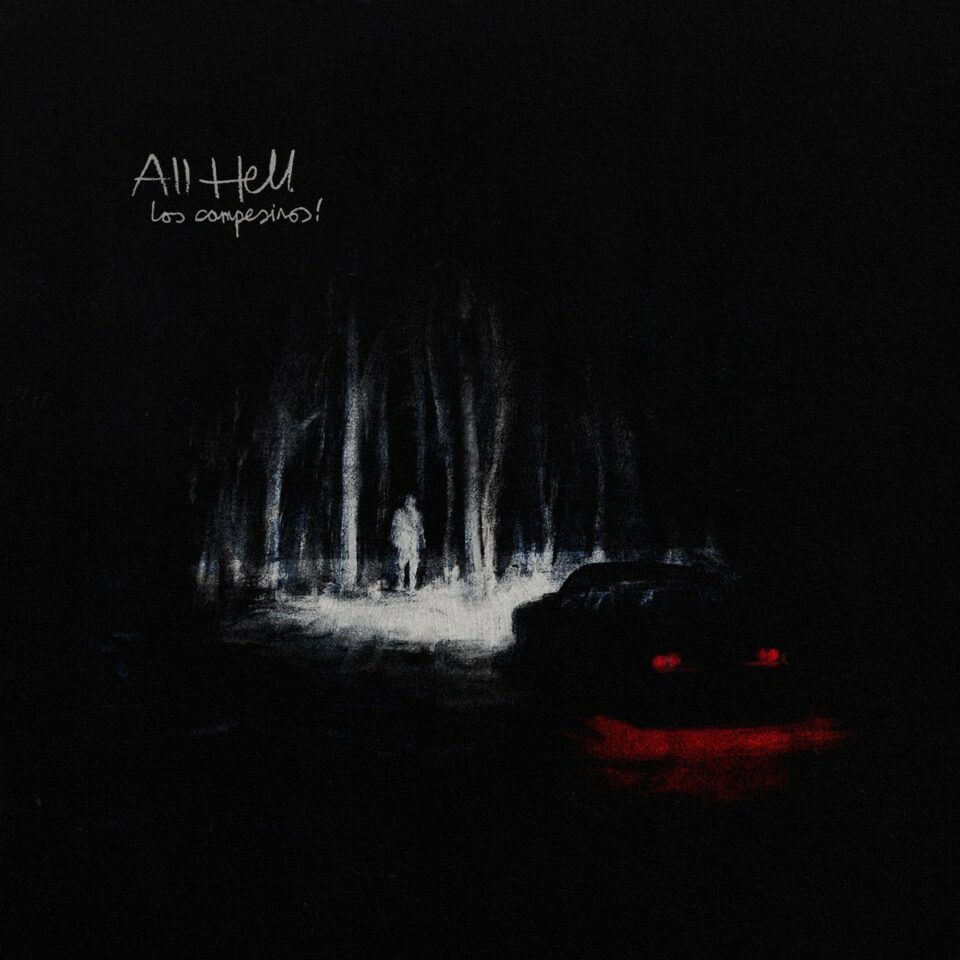
The Cardiff seven-piece feel more comfortable with their identity than ever before on their seventh LP, a culmination of all the band’s genre experimentation over the past two decades.

The Melbourne duo opt for the less-is-more approach to heartfelt lyricism and layered instrumentals to deeply affecting results on their all-too-brief second record.

On their second album, Josh Shaw channels the momentum of emotional turmoil into a vibrant, propulsive musical feat with a bigger, bolder sound than their debut.
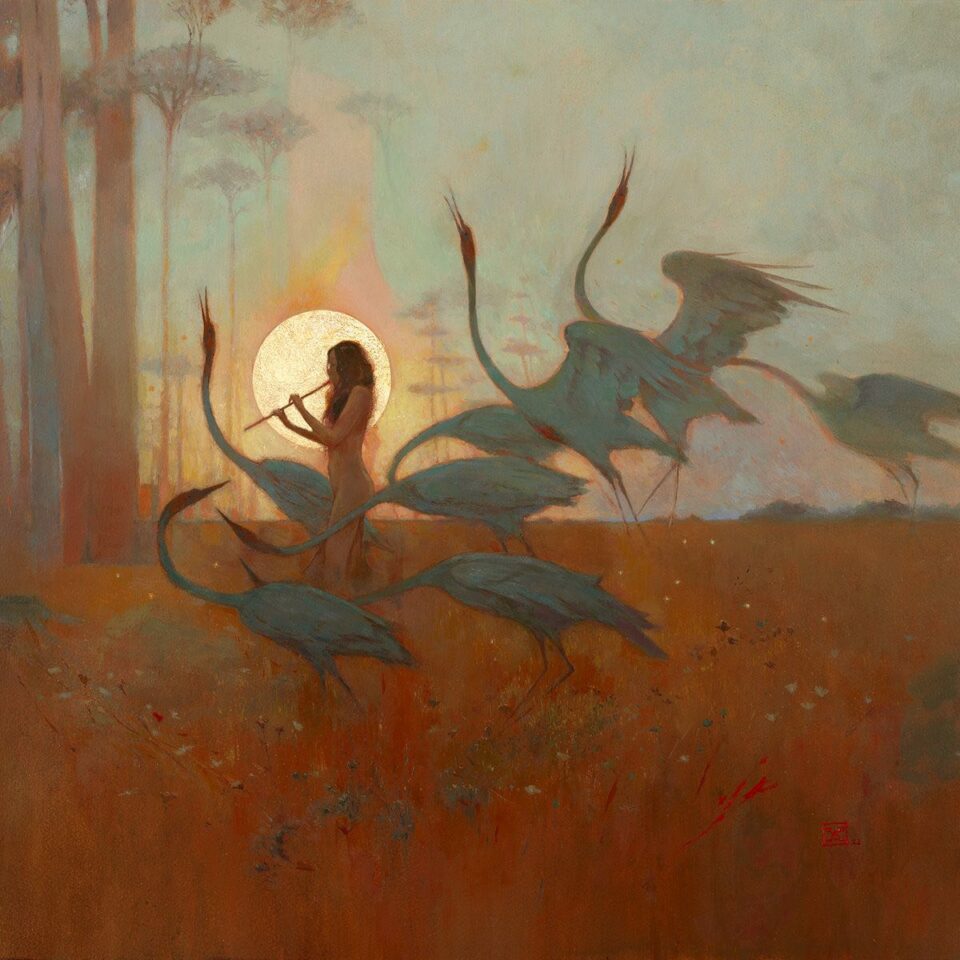
After a five-year wait, the French blackgaze duo explore the gamut of human emotions as they clear the high bar they’ve set for themselves on their six previous post-metal releases.
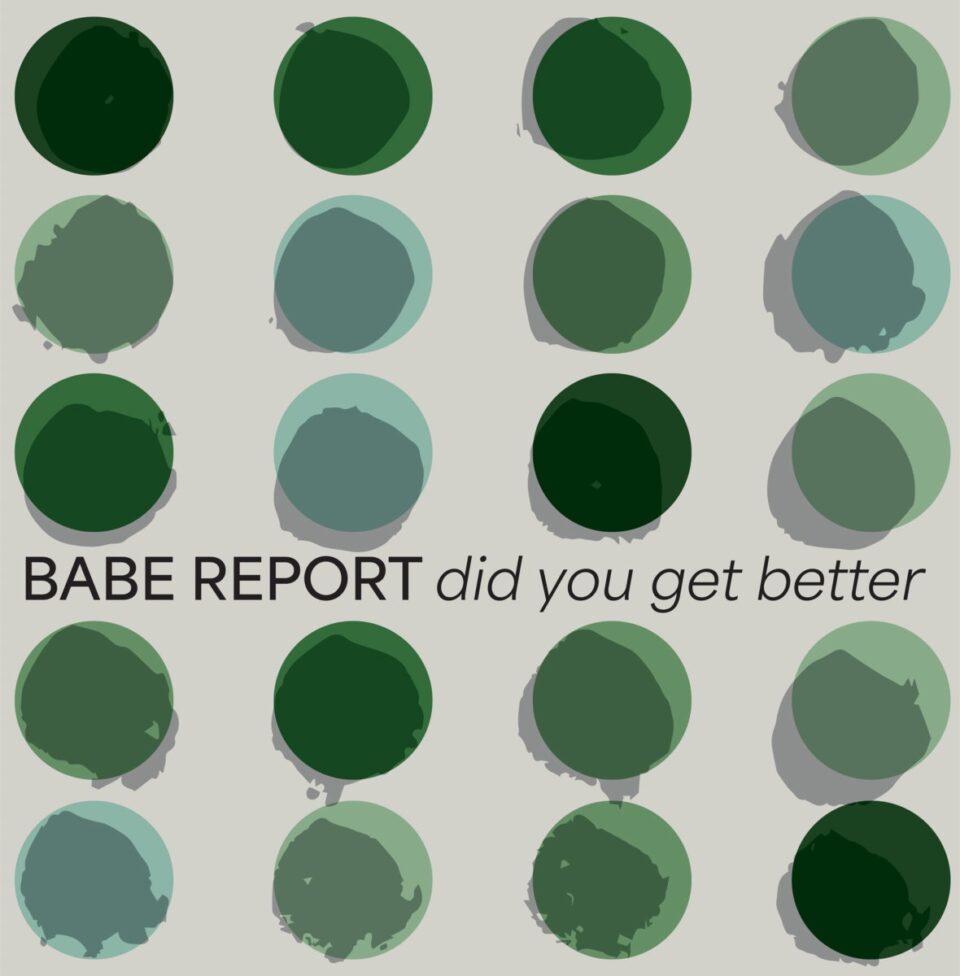
More punk in spirit than in sound, the Chicago group’s lo-fi debut is endearing if also a bit impatient as they keep things loud, fast, and heavily distorted.



